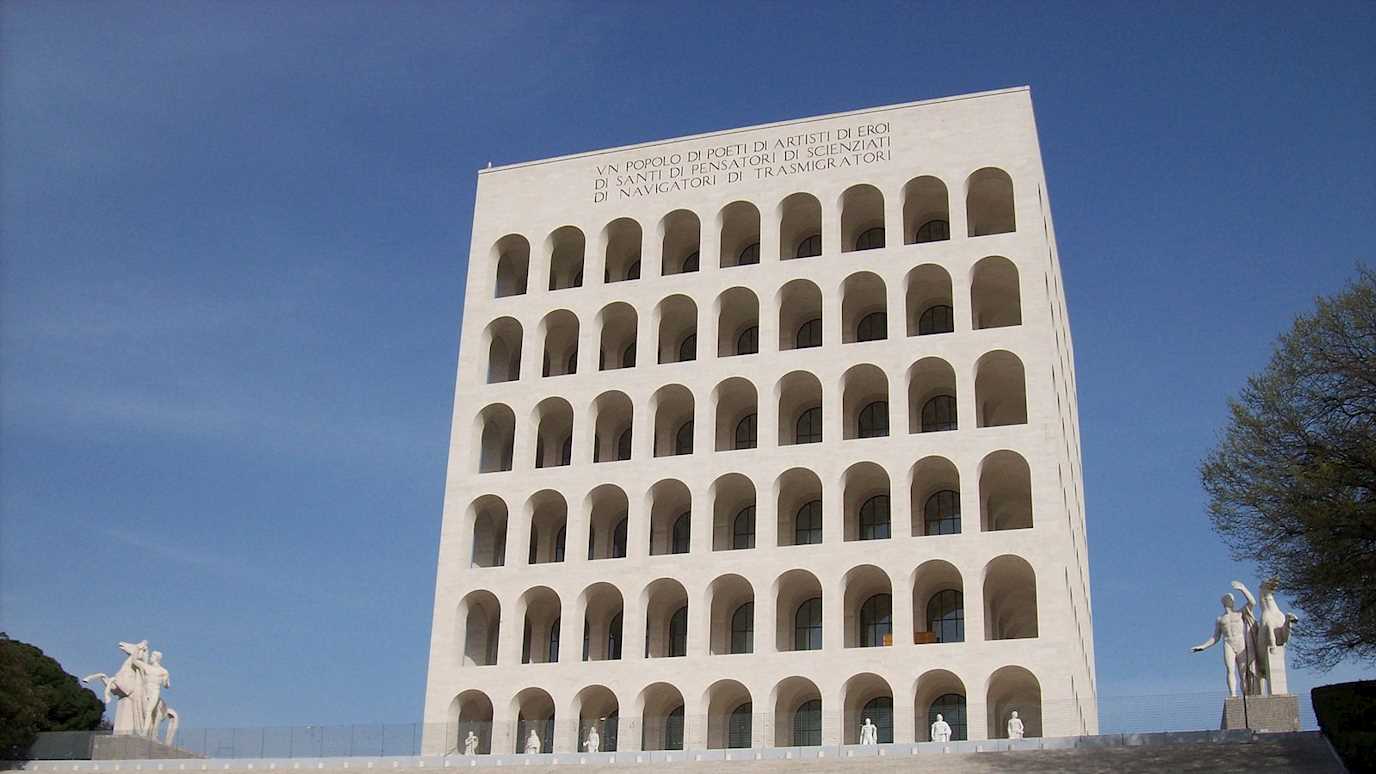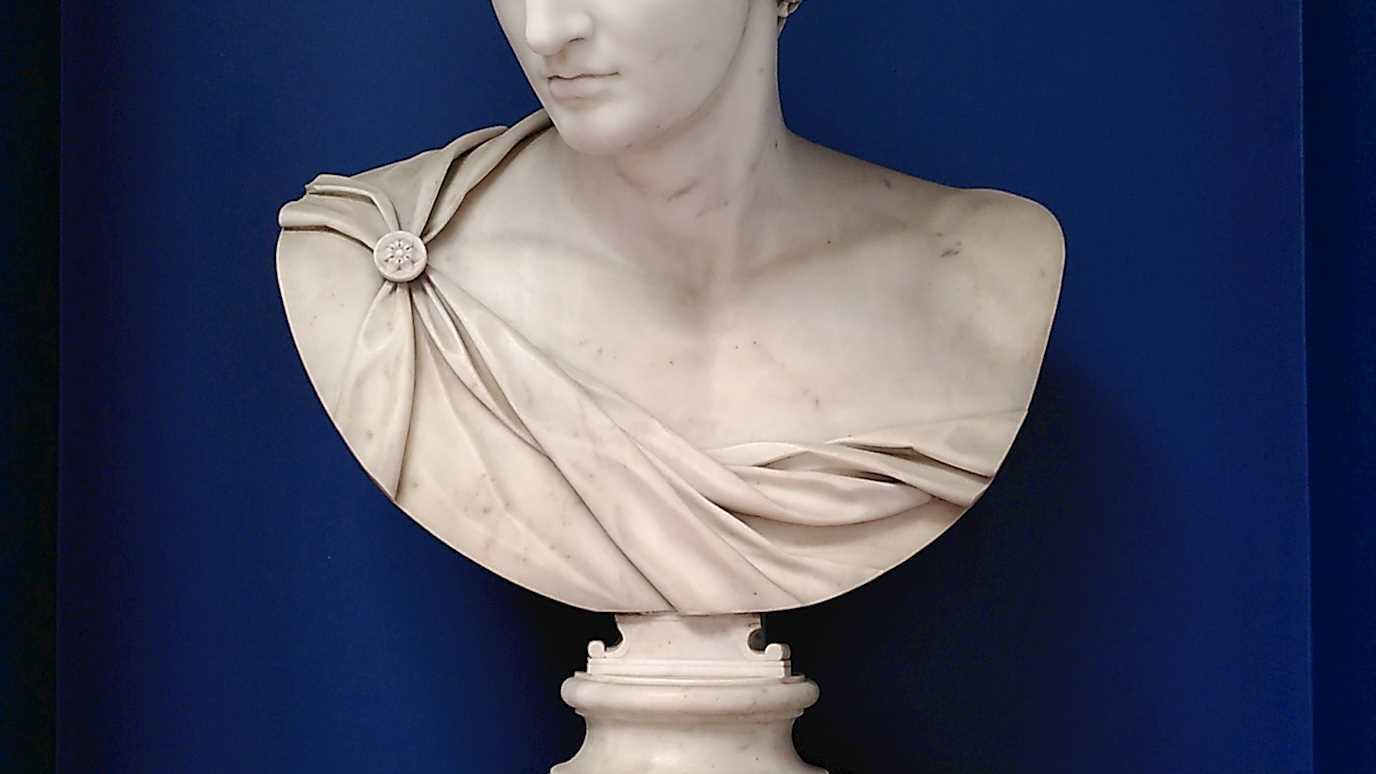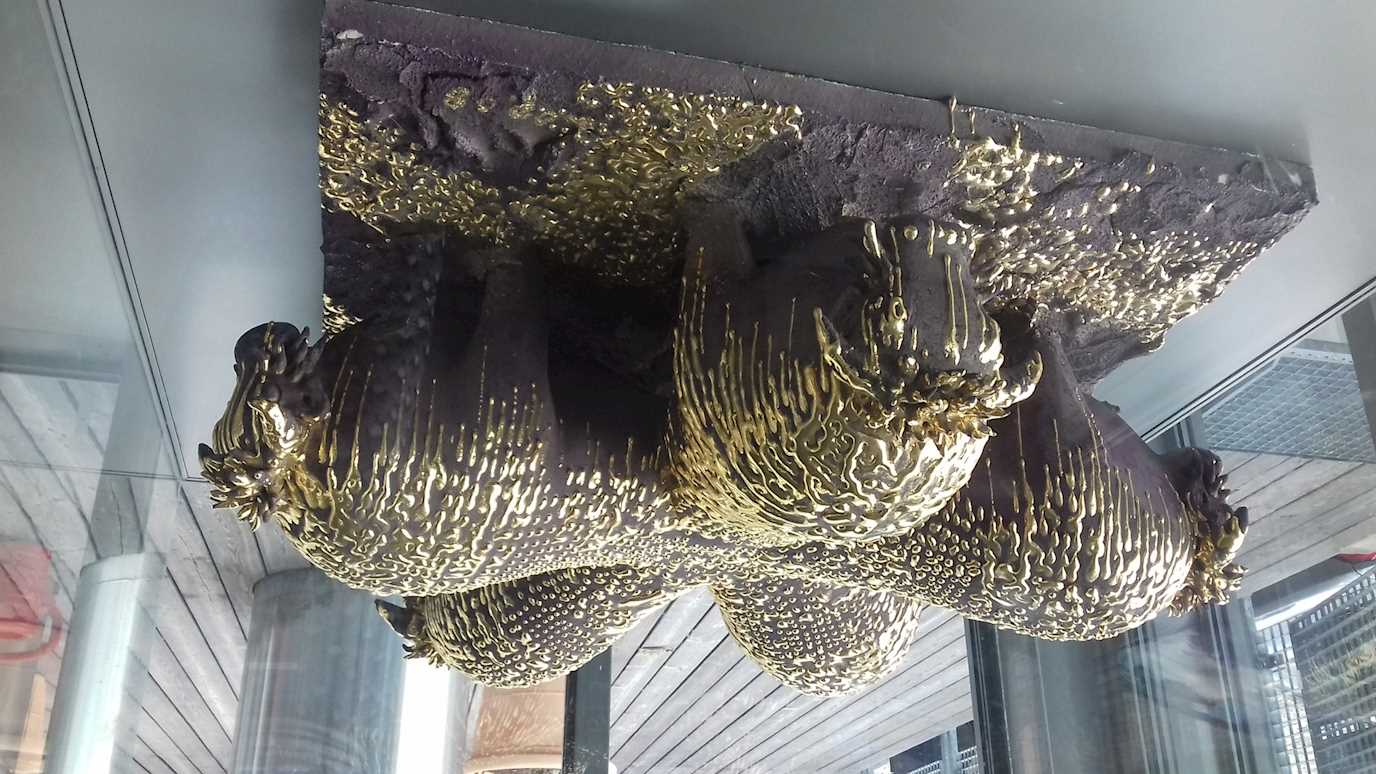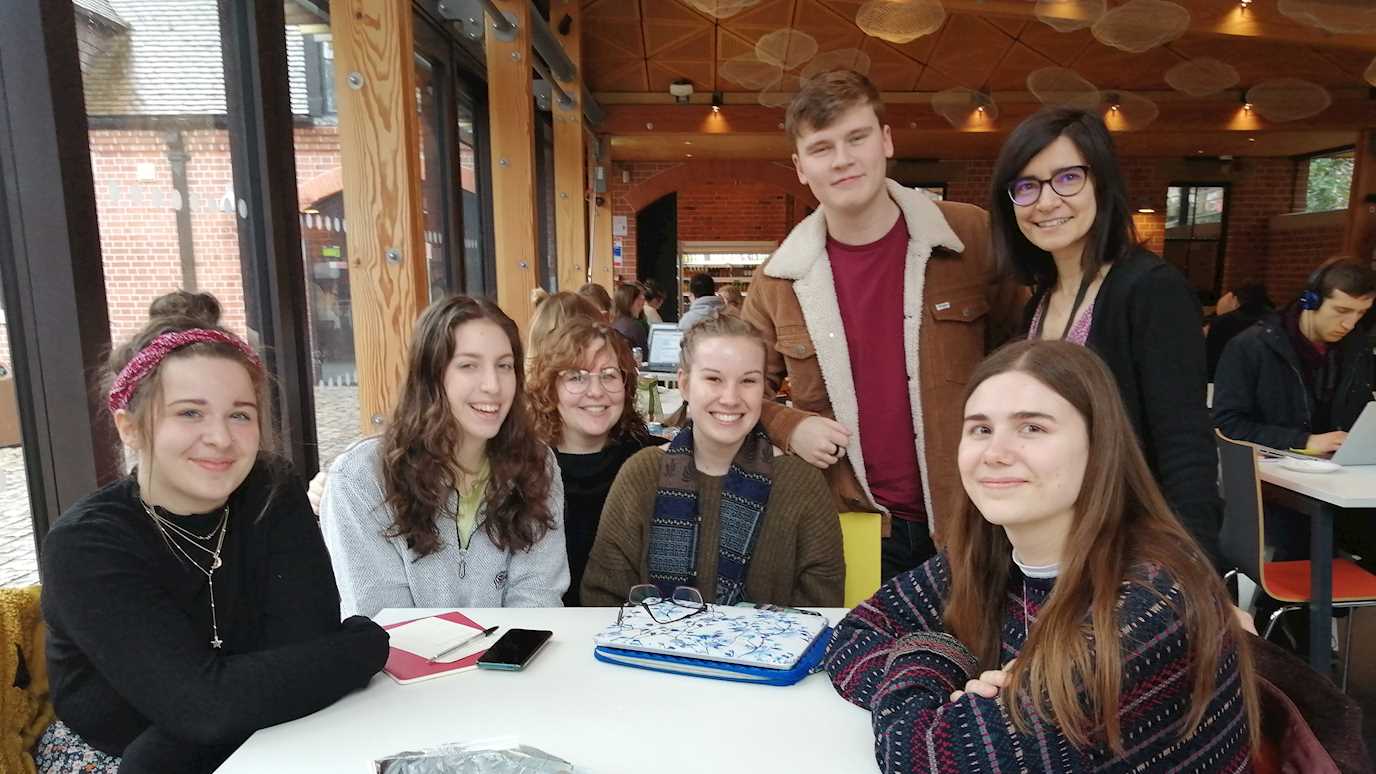Members of the Centre for the Reception of Greece and Rome
- Prof. Richard Alston - political receptions including imperialism and colonialism, Urbanism and the idea of the city, and political philosophy (Foucault, Arendt, and ancient politics).
- Dr. Siobhan Chomse - the reception of the Roman emperor in contemporary art and culture.
- Dr. Liz Gloyn - classics in popular culture and the history of women in classics.
- Dr. Richard Hawley - the history of teaching Classics and classical treatments of gender.
- Dr. Zena Kamash - Middle Eastern heritage and archaeology; decolonising Classics; post-conflict reconstruction; archaeological ethics.
- Dr. Nick Lowe - literary reworkings of the Classical plot, particularly focusing on popular culture and science fiction; intellectual history of late nineteenth and early twentieth centuries.
- Dr. Efi Spentzou - feminist receptions of the Classical, with a particular focus on literary theorists and philosophies of the self, and the modern European poetical traditions.
- Dr. Emilio Zucchetti - chair of the Gramsci Research Network; the subalterns’ contribution to the formation of Classical tradition; 20th century historiography and the teaching of ancient history.
Honorary Research Fellows
- Dr Aven McMaster - Professor Emerita of the Ancient Studies department at Thorneloe University at Laurentian in Sudbury, Canada. Her scholarly interests are Latin poetry, gender and sexuality, public scholarship, and reception of the ancient world, especially in speculative fiction and media. She is a co-host of The Endless Knot Podcast, about etymology, history, and culture, and helps to produce videos for the educational video channel Alliterative on YouTube. Her PhD is in Classics, from the University of Toronto.
- Dr Stavroula Kiritsi - reception of Greek tragedy and comedy on the modern stage, and the comparative study of emotions in classical and modern Greece.
Affiliates of the Centre for the Reception of Greece and Rome
- Prof. Robert Eaglestone - contemporary literature; contemporary European philosophy, with an interest in the use of classical philosophy by twentieth and twenty-first century thought.
- Dr. David Bullen - theatre director, writer, and academic specialising in (histories of) feminist and queer approaches to adaptation, particularly in relation to Greek tragedy and Greek myth.
- Dr. Sam Agbamu - Leverhulme Early Career Fellow and Lecturer in Classics at the University of Reading. Prior to his move to Reading, he held his Leverhulme ECF at RHUL, where he had also taught. His research interests generally revolve around how constructions of classical antiquity shape our contemporary societies, particularly in relation to discourses of 'race' and nation. More specifically, he is interested in the role of Latin literature in early modern and modern projects of nationalism and imperialism, and is currently looking at the fourteenth-century Italian poet Petrarch's Latin texts through this lens. He has a keen interest in classical reception in colonial contexts, and has written about Black Classicisms as well as classical reception in postcolonial visual arts.
- Dr. Rhiannon Easterbrook - researcher specialising in classical reception in popular and middlebrow performance and in cultures of consumption from the nineteenth century until the present day. Interests in gender and sexuality, class, and imperialism.
- Peter Olive - the instrumentality of Greek myth in postmodern theory and criticism; Greek drama in performance
Former Postgraduates
Sarah Butler
Sarah was awarded her doctorate in March 2010 for her thesis on the Reception of Rome in Socio-Political Debate 1850s-1920s. Her research centred on the influence of Rome in three debates, Empire, Nation and City, which reified in Britain between the 1850s and 1920s as a result of political, economic and social change both in the British Empire and in Britain. Exposing the impact Rome had on modern discourses to such an extent that firstly, the reception of Rome was transformed and, secondly, that reference to this ancient civilization became commonsense, Sarah shows that Rome was no empty symbol but served instead to underpin debate and, thus, to effect the decisions reached as efforts were made to accommodate change. Sarah is currently working as an Assistant Researcher at Royal Holloway with Richard Alston (Classics) and Klaus Dodds (Geography) on a project entitled 'The Ends of the World'. She is also employed as a Visiting Tutor at Royal Holloway and an Associate Lecturer at The Open University.
Dr Leanne Hunnings
Leanne was awarded her doctorate in 2008 for her thesis on the links between the representation of slavery and death in archaic and classical Greek literature and its reception during the Abolition debates in English literature, 1780-1840. Utilising an approach influenced by historical materialism, she analysed techniques including dehumanisation, animalisation, and marginalisation as ideological paradigms set up by the owning classes within chapters on a wide variety of texts. These include the Odyssey; Aeschylus' Agamemnon, Sophocles' Trachiniai and Euripides' Andromache; Aristophanes' Frogs; Pseudo-Lucian's Onos and Artemidoros' Oneirokritika. She then considers how the ancient slave is 'refigured' in 19th-Century Britain by examining a multi-genre case-study of Spartacus, Bulwer's novel The Last Days of Pompeii, and Thomas Noon Talfourd's tragedy The Athenian Captive. After teaching in Spain for two years, Leanne is training for a career in Education Sustainability and Development Policy.
Justine McConnell
Justine is a Mellon Postdoctoral Fellow in Classics at Northwestern University, where she is working on the 'Classicizing Chicago' project and teaching on Classics and film. Her AHRC-funded doctorate, supervised by Edith Hall, examined postcolonial responses to the Homeric Odyssey, with a particular interest in the themes of identity, displacement, and homecoming as explored by authors of ultimately African origins. It is now under contract to OUP. In Autumn 2009, she was a Mellon-Sawyer PhD fellow at Northwestern, and has been a sessional Lecturer at Reading University and a Postdoctoral Fellow at the CRGR. She is co-editor, with Richard Alston and Edith Hall, of Ancient Slavery and Abolition: from Hobbes to Hollywood (OUP, 2011), and has published articles on Ralph Ellison's Invisible Man and on the theatre director Jatinder Verma. She is also co-editing, with Kathryn Bosher, Fiona Macintosh, and Patrice Rankine, a volume on Greek Drama in the United States since the 19th century.
Laura Proffitt
Laura took her BA and MA degrees at Durham, before moving to Royal Holloway in 2006 to begin her AHRC-funded full-time PhD research, which addressed the relationship between discourses of family and slavery in Athenian tragedy and comedy, as well as the history of scholarship on ancient slavery from 1800 onwards. She has just submitted her dissertation. She is particularly interested in the uses of Bakhtinian and historical materialist theory in addressing the generic protocols involved in the representation of slavery. Having taught at both Royal Holloway and the University of Reading during her PhD, Laura is shortly due to take up a temporary post teaching Greek history at Birkbeck College, University of London. She is the co-editor (with Richard Alston and Edith Hall) of the CRGR volume Reading Ancient Slavery, due to be published by Duckworth in 2010, to which she has also contributed a chapter entitled "Menander's Habrotonon: Reading a Prostituted Slave".
Dr Rosie Wyles
Rosie Wyles was awarded her PhD in 2007 for her thesis on the language of costume in tragedy, with special reference to Euripides. Rosie's research was funded by the AHRC in association with the Oxford-based Archive of Performances of Greek & Roman Drama, and supervised at Royal Holloway by Edith Hall. She is the author of several articles and the co-editor of New Directions in Ancient Pantomime (OUP 2008, with Edith Hall) and The Pronomos Vase (OUP 2010, with Oliver Taplin). Rosie has since taught at Oxford and NUI, Maynooth. For 2009-2011, she has been awarded a Leverhulme Early Career Fellowship at the University of Nottingham. Her research will explore the contribution of Madame Dacier, the 17th-century French translator of the Classics, to the Classical tradition and will focus in particular on the significance of Dacier's gender to the contribution that she made.
Katie Billotte
Katie attended the University of California, Berkeley where she received a B.A. in Classical Languages in 2005. Katie joined the CRGR in January 2009 as holde of the first CRGR Postgraduate Studentship and a full-time PhD researcher. Her research focuses on the reception of Greek and Roman tragedy in contemporary Latin America and the ways in which ancient myth is adapted to allow theatrical productions to explore questions of identity particularly ethnicity, gender, and sexuality. Along these lines, alternative theatre plays an important role in her work and she is continually surprised how often ancient, canonical stories are used to challenge the status quo. She is also interested in broader questions concerning the potential for tragedy in the postmodern context in general and the postcolonial context in particular.
Miryana Dimitrova
A part-time student from Sofia, Bulgaria, Miryana is studying in the Drama Department under Edith Hall. Miryana's research focuses on the figure of Julius Caesar in the context of notions of theatricality, epic and time. Her work sees Caesar as a (historical) character who embodies a certain 'epic emotion', conceptually rooted in classical epic. Expressed by the desire to transcend temporality, this emotion defines Caesar's character in the context of the highly dynamic relationship between epic and drama. Thus a study on an epic character, such as Caesar, also aims to offer a fresh look at the function of time in drama. The thesis discusses Julius Caesar (Shakespeare), The tragedy of Caesar and Pompey (George Chapman), Giulio Cesare in Egitto (Handel) and Caesar and Cleopatra (Bernard Shaw), as well as Lucan's epic poem Civil War, Plutarch's life of Caesar and Julius Caesar's own persona and writings. The thesis aims to show all works as interrelated in an intergeneric dialogue, which recognizes that the colossal presence of Julius Caesar in the European cultural tradition does not allow to be framed within a genre.
Helen Eastman
Helen arrived at RHUL in 2010 as the holder of our AHRC-funded Collaborative Doctoral Award held jointly with Northern Broadsides Theatre Company, and her research investigates its several productions of ancient plays and plays incorporating ancient material. She trained as a director at LAMDA after graduating from Oxford where she was the Passmore Edwards Scholar in Classics and English. Helen is Visiting Lecturer in Contemporary Performance Practice at Westminster University, Artistic Director of Live Canon and Senior Reader at Soho Theatre. As a freelance director of theatre, opera (and occasionally circus), Helen has worked throughout the UK at venues including Trafalgar Studios, Hackney Empire, Belfast Opera House, Glasgow Citizens Theatre, Queens Theatre, BAC, The National Theatre Studio, The De La Warr Pavillion and Bath Theatre Royal.
Rachel Kneebone
After completing her BA at Durham, Rachel took her MA in Classics at Royal Holloway in 2009, writing her dissertation on the German and French reception of Sophocles' Antigone. Studying under Edith Hall, her AHRC-funded full-time PhD investigates the uses of Greek Tragedy in the modern novel, investigating in particular how post-war European fiction uses and subverts the ancient plays in order to investigate the postmodern challenge to the possibility of historical knowledge.
Jarrid Looney
Jarrid comes from Virginia. He graduated from Berea College, Kentucky in 2008 with a degree in Theatre Studies (emphases in Directing and Dramaturgy) and Classical Civilizations; in 2006, he participated in an exchange programme with the Institute for International Studies in Greece. Jarrid's research investigates the performance history of Euripides' Hippolytus, with special emphasis on the historical shifts in focus with reference to ethics, psychology and characterisation.
Charlie MacDougall
Charlie is an AHRC-funded doctoral student supervised in the Classics Department by Edith Hall. He is researching the large and varied role played by the Odyssey in musical theatre, from the Venetian opera of Monteverdi in Il Ritorno d'Ulisse in Patria through the many operas centred on Telemachus in the 18th century to Bruch's high Romantic oratorio on the epic theme to Modernist France and Broadway musicals. He argues that the nature of the epic as an orally generated text is one factor in its constant attractiveness to composers and directors of live musical theatre. Charlie recently spoke at an international conference Performing Homer, held in the Music Department at the University of Princeton January 10th-12th 2009.
Lottie Parkyn
Lottie took her MA in Greek Theatre Performance in the Drama Department at Royal Holloway, before moving into Classics for her PhD, which she started part-time in January 2009. Lottie is interested in the representation of physical violence through both verbal and visual means in the production of ancient Greek and Senecan tragedy. She is currently investigating the motif of violence in modern plays inspired by, or reconstructing, fragmentary ancient plays, including Tony Harrison's The Trackers of Oxyrhynchus and Timberlane Wertenbaker's The Love of the Nightingale.
Peggy Shannon
Peggy is Artistic Director of the Sacramento Theatre Company in California. She is working part-time on her PhD in the Drama Department under Edith Hall. Her topic is the wave of productions of Greek drama about war by female directors over the last two decades. Peggy asks why women have been so attracted to plays such as Euripides' Trojan Women and Aeschylus' Persians, and incorporates in her work a wide variety of material relating to recent productions, including her own first-hand experience and interviews with other directors and female classical scholars.
Matt Shipton
Matt comes to the Classics Department having completed his MA thesis on honour in Euripides' Bacchae, an exercise that encouraged reflection on concepts such as revenge and respect in Greek tragedy, particularly in relation to crowds or gangs, and how these issues are treated in the present day. Using key texts such as Sophocles' Ajax, Matt is investigating presentations of masses, collectives and groups in tragedy using recent sociological studies of gangs and crowd behaviour. At the same time.
Matt asks how contemporary stagings of tragedy express the immense current media interest in gang culture. Matt is currently studying part-time under Edith Hall.
Magdalena Zira
Magdalena is a theatre director based in Cyprus. She has a Classics as well as Drama background and is working on her PhD part-time, supervised by Edith Hall. Her area of study is the use of the chorus in productions of Greek tragedy from 1980s onwards. A theatre practitioner herself, she is interested in the problems faced by contemporary directors in the West when dealing with the chorus. The elements of communal identity, music and dance seem to be the main hurdles in the successful incorporation of a Greek chorus in contemporary mise-en-scene. Negotiating these fundamental characteristics of the chorus on the contemporary stage raises issues that are aesthetic, social and even economic. She will look at solutions given by productions in recent decades as well as the influence of Eastern theatre traditions.
























